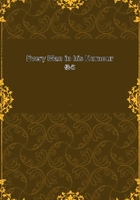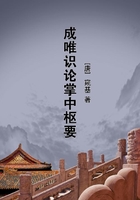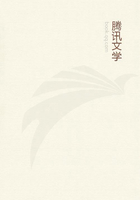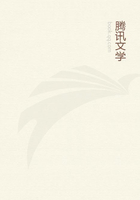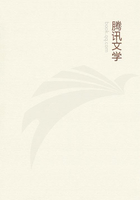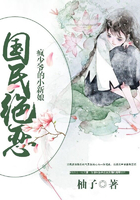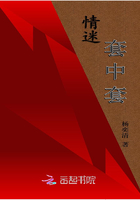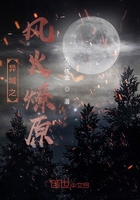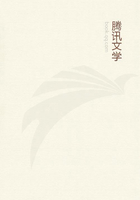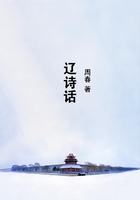A fairly broad road led out from Sharkhe through the mountains and on the fifth day of our two weeks' march to the south from the monastery we emerged into the great bowl of the mountains in whose center lay the large lake of Koko Nor. If Finland deserves the ordinary title of the "Land of Ten Thousand Lakes," the dominion of Koko Nor may certainly with justice be called the "Country of a Million Lakes." We skirted this lake on the west between it and Doulan Kitt, zigzagging between the numerous swamps, lakes and small rivers, deep and miry. The water was not here covered with ice and only on the tops of the mountains did we feel the cold winds sharply. We rarely met the natives of the country and only with greatest difficulty did our Kalmuck learn the course of the road from the occasional shepherds we passed. From the eastern shore of the Lake of Tassoun we worked round to a monastery on the further side, where we stopped for a short rest. Besides ourselves there was also another group of guests in the holy place. These were Tibetans. Their behavior was very impertinent and they refused to speak with us. They were all armed, chiefly with the Russian military rifles and were draped with crossed bandoliers of cartridges with two or three pistols stowed beneath belts with more cartridges sticking out. They examined us very sharply and we readily realized that they were estimating our martial strength.
After they had left on that same day I ordered our Kalmuck to inquire from the High Priest of the temple exactly who they were.
For a long time the monk gave evasive answers but when I showed him the ring of Hutuktu Narabanchi and presented him with a large yellow hatyk, he became more communicative.
"Those are bad people," he explained. "Have a care of them."However, he was not willing to give their names, explaining his refusal by citing the Law of Buddhist lands against pronouncing the name of one's father, teacher or chief. Afterwards I found out that in North Tibet there exists the same custom as in North China.
Here and there bands of hunghutze wander about. They appear at the headquarters of the leading trading firms and at the monasteries, claim tribute and after their collections become the protectors of the district. Probably this Tibetan monastery had in this band just such protectors.
When we continued our trip, we frequently noticed single horsemen far away or on the horizon, apparently studying our movements with care. All our attempts to approach them and enter into conversation with them were entirely unsuccessful. On their speedy little horses they disappeared like shadows. As we reached the steep and difficult Pass on the Hamshan and were preparing to spend the night there, suddenly far up on a ridge above us appeared about forty horsemen with entirely white mounts and without formal introduction or warning spattered us with a hail of bullets. Two of our officers fell with a cry. One had been instantly killed while the other lived some few minutes. I did not allow my men to shoot but instead I raised a white flag and started forward with the Kalmuck for a parley. At first they fired two shots at us but then ceased firing and sent down a group of riders from the ridge toward us. We began the parley. The Tibetans explained that Hamshan is a holy mountain and that here one must not spend the night, advising us to proceed farther where we could consider ourselves in safety. They inquired from us whence we came and whither we were going, stated in answer to our information about the purpose of our journey that they knew the Bolsheviki and considered them the liberators of the people of Asia from the yoke of the white race. I certainly did not want to begin a political quarrel with them and so turned back to our companions. Riding down the slope toward our camp, I waited momentarily for a shot in the back but the Tibetan hunghutze did not shoot.
We moved forward, leaving among the stones the bodies of two of our companions as sad tribute to the difficulties and dangers of our journey. We rode all night, with our exhausted horses constantly stopping and some lying down under us, but we forced them ever onward. At last, when the sun was at its zenith, we finally halted. Without unsaddling our horses, we gave them an opportunity to lie down for a little rest. Before us lay a broad, swampy plain, where was evidently the sources of the river Ma-chu. Not far beyond lay the Lake of Aroung Nor. We made our fire of cattle dung and began boiling water for our tea. Again without any warning the bullets came raining in from all sides. Immediately we took cover behind convenient rocks and waited developments. The firing became faster and closer, the raiders appeared on the whole circle round us and the bullets came ever in increasing numbers.
We had fallen into a trap and had no hope but to perish. We realized this clearly. I tried anew to begin the parley; but when I stood up with my white flag, the answer was only a thicker rain of bullets and unfortunately one of these, ricocheting off a rock, struck me in the left leg and lodged there. At the same moment another one of our company was killed. We had no other choice and were forced to begin fighting. The struggle continued for about two hours. Besides myself three others received slight wounds. We resisted as long as we could. The hunghutze approached and our situation became desperate.
"There's no choice," said one of my associates, a very expert Colonel. "We must mount and ride for it . . . anywhere.""Anywhere. . . ." It was a terrible word! We consulted for but an instant. It was apparent that with this band of cut-throats behind us the farther we went into Tibet, the less chance we had of saving our lives.
We decided to return to Mongolia. But how? That we did not know.

